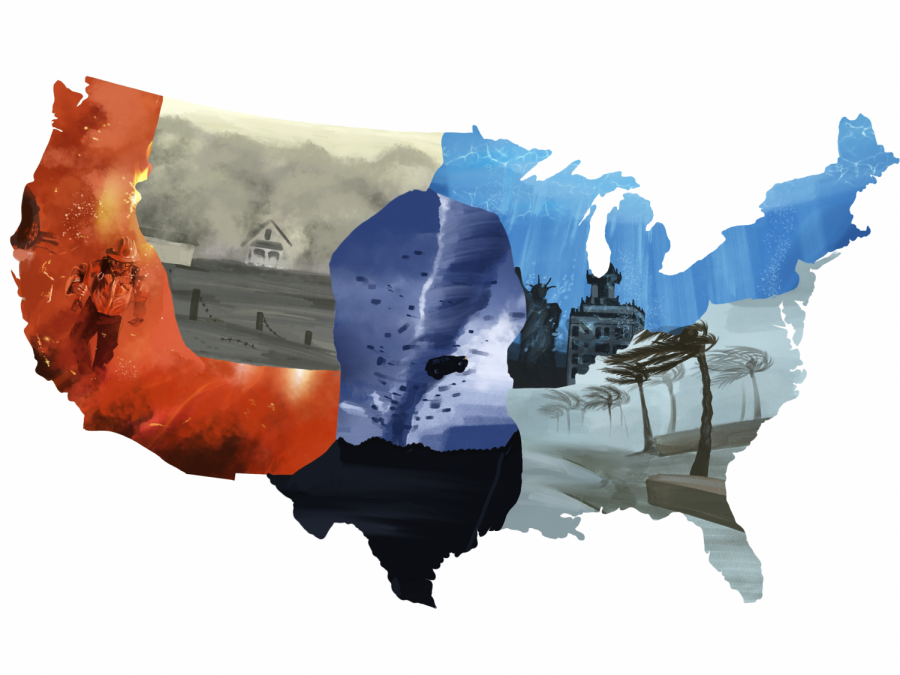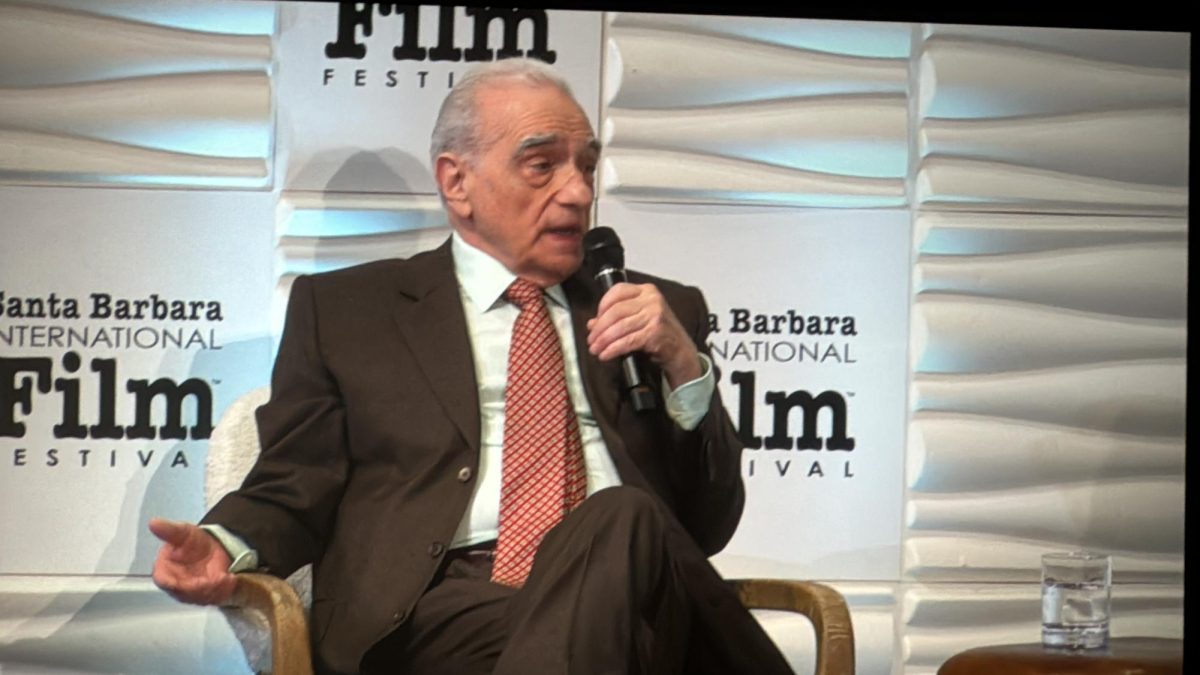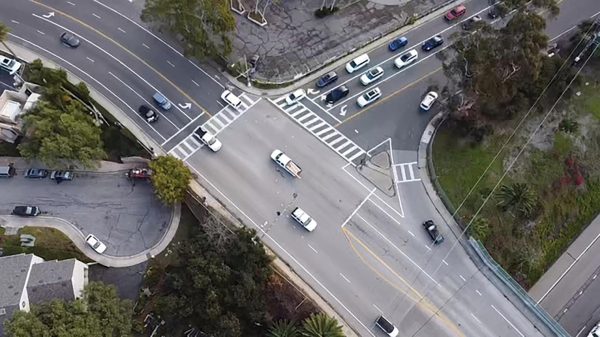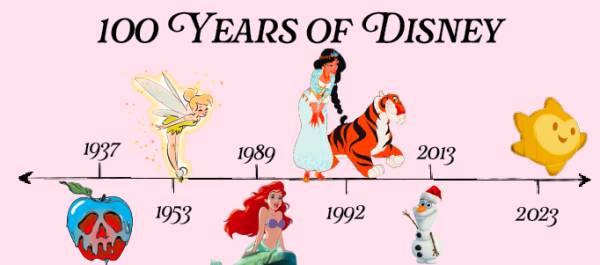The Politics of Climate Change
Voters care about climate change, but how does our political system deal with the issue when money and special interests groups stand in the way of substantial policy action?
December 1, 2020
Climate change is an existential threat to our generation. We must drastically reduce carbon emissions by 2030, or we face the runaway effects of global warming, including rising sea levels, more droughts, floods, hurricanes, fires, and marine die-offs, in addition to the human tolls like destabilization and hundreds of millions of climate refugees.
NASA predicts that almost every part of the U.S. is going to experience the effects of global warming. Still, there is already clear evidence that the world is already experiencing the impacts of climate change. In California, we are watching as our fire seasons grow longer, and each disaster hits harder. In the southeast U.S., hurricanes grow in strength and frequency. In Africa and Asia, floods are increasing, leading to mass migrations. Unfortunately, these are just early symptoms of the larger issue. We know that climate change isn’t just going away, so why hasn’t anything meaningful been done about it?
It’s a hard question to answer. Polls show that a significant, non-partisan majority of the American adult population thinks climate change is a serious problem and want more extensive efforts to fight it. Millennials and Gen-Z invest more in climate change, with 80 percent affirming it is a significant threat to human life on Earth. Young people overwhelmingly believe in climate change, and even though we might have different ideas on how to fight it, we believe that action must be taken. So why have our politicians ignored the issue when it is shown that voters care about the problem?
The crux of the matter is that since the issue has no short term benefit and the harm of inaction only affects the future, both parties haven’t invested in meaningful change. Most republicans refuse to acknowledge the issue’s significance and don’t feel any political pressure from their constituencies. Instead, they get millions from oil and gas companies who lobby against climate policy. In comparison, democrats are more focused on climate change but refuse to commit seriously to substantial policy due to their fears of losing key moderate voters.
Partisan voters in both parties won’t flip because of climate policy, so most politicians don’t see the upside of prioritizing climate change. Besides, our political system is shaped and run in a way that discourages “radical” change.
In particular, the Senate, as an institution, prevents rapid, democratic transition. It is also inherently undemocratic— it was founded in order to avoid more populous states from having too much power—and heavily slanted towards Republicans. Furthermore, people who want climate policy disproportionately reside in “blue” states. Swing states and “red” states have much more fossil fuel industry and workers, who, of course, don’t want to lose their jobs.
There are real electoral concerns of adopting strong climate policy, so politicians consistently fail to take the risk. This caused democrats to focus on the Paris Climate Agreement, instead of more radical proposals. The Paris Agreement is a moderate climate agreement that created emissions targets for countries so that the world could hold climate change under 2 C. Unfortunately, it was almost obsolete the minute it was signed.
According to the organization Climate Action Tracker, even if countries adhered to their goals under the Paris agreement, global warming would increase by 3.2 C. Even with its evident failings, the climate debate for much of the last five years has focused around it. Democrats campaigned for the agreement and Republicans against it. However, it is essentially a false choice. The agreement does not go nearly far enough to take on the scale of the issue.
We need a drastic change, whether through a Green New Deal, a sweeping piece of climate legislation supported by progressives, or other proposals proposed by moderates. Nonetheless, it is essential to remember that the ideological battle cannot be waged over the existence of the issue itself, nor how far we must go, just how we get there.
Our generation understands the need for climate action. The global climate movement is only growing stronger and more organized, with extensive pressure to be placed on those in power. The Youth Climate Strike organized millions of young people worldwide to take action on climate change in 2019. Groups like the Sunrise Movement have influenced democrats and pushed them to adopt better proposals. Progressives have primaried pro-fossil fuel politicians across the country. Senator Ed Markey’s surprise win in his primary this year was delivered from support from climate activists and young people. Politicians are listening. After many resounding victories from progressive candidates, incumbent Democrats moved to adopt more robust legislation.
The Biden-Sanders Unity Task Force emerged after the presidential primary and united the two ideological elements of the Democratic party to compromise. In negotiations, progressives succeeded in pushing Biden’s team into adopting substantial parts of the Green New Deal framework and a model for rapid decarbonization and investment. We have a long way to go, but the fight for a livable future has already made meaningful progress in a hostile political climate under Trump.
This article will be printed after the November election is decided. Whatever the outcome is, young progressives and conservatives who believe in science must organize to vote out politicians representing an age of inaction and failures. The fight for a cleaner future won’t be easy, but we have already seen the successes of a movement more extensive and more organized than in the past. There is only one path forward for climate activists and our generation. We must organize and threaten the only thing politicians care about: their re-election. It is clear our country desperately needs leadership on this issue, and we are the generation that understands we must step up to the challenge.

















